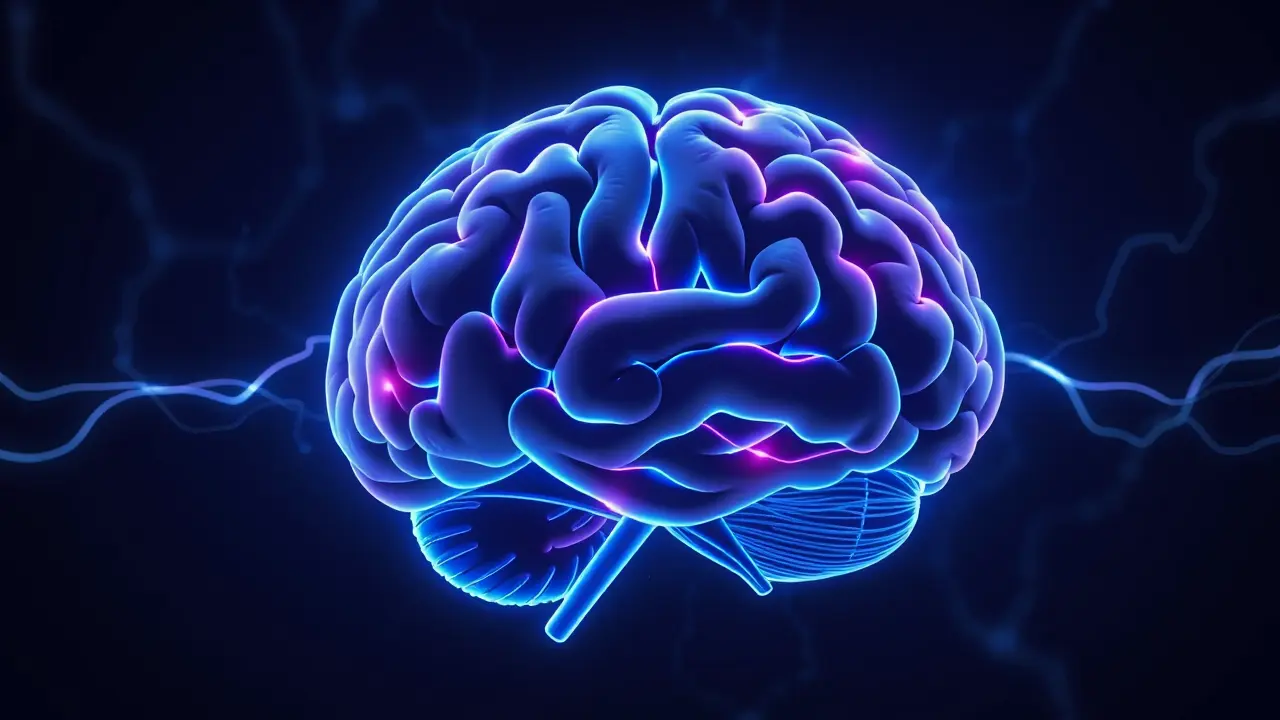
ScienceneuroscienceMental Health Studies
Scientists find brain chemical tied to trauma and depression
LA
Laura Bennett
4 hours ago7 min read
In the quiet, profound spaces where human experience meets clinical science, a discovery is emerging that feels less like a cold data point and more like a key to a deeply personal lock. Researchers have identified a brain chemical known as SGK1, a seemingly obscure enzyme, as a critical biological thread connecting the searing experience of childhood trauma to the heavy cloak of adult depression and the devastating act of suicide.This isn't just another incremental finding; it’s a narrative written in the very chemistry of our brains, a story that countless individuals have lived without knowing the physiological script. Imagine the brain of someone who has endured profound early adversity—the loss, the instability, the fear.Now, picture that brain meticulously studied post-mortem, revealing consistently elevated levels of SGK1. This pattern wasn't a coincidence.It was a stark, biological echo of a painful past, found not only in the brains of suicide victims but also in living individuals carrying specific genetic variants that predispose them to be more sharply affected by life's early hardships. The implications are monumental, resonating with the stories I've heard from people who have felt failed by conventional treatments.For them, the standard SSRIs—the Prozacs and Zolofts of the world—often feel like trying to put out a forest fire with a garden hose. The medication doesn't connect with the unique, trauma-forged pathways of their despair.But what if you could target the specific chemical that acts as the furnace? Drugs designed to block SGK1 represent precisely that—a potential new class of antidepressant that moves beyond the serotonin model to address the root cause forged in adversity. This is personalized medicine at its most profound, an approach that listens to the individual's life story as told by their neurons.It suggests a future where a simple blood test could guide treatment, where we can finally move from a one-size-fits-all model to therapies that acknowledge and repair the specific scars left by trauma. The work, while deeply scientific, is fundamentally human.It validates the long-held, often-dismissed intuition that our earliest years sculpt us in ways that are not merely psychological but concrete and cellular. It’s a testament to resilience, but also a call for a more nuanced understanding of mental health, one where biology and biography are no longer seen as separate realms but as intimately intertwined threads of the same, complex human tapestry.
#featured
#SGK1
#depression
#childhood trauma
#suicide
#antidepressants
#brain chemistry
#research
Stay Informed. Act Smarter.
Get weekly highlights, major headlines, and expert insights — then put your knowledge to work in our live prediction markets.
Related News
© 2025 Outpoll Service LTD. All rights reserved.
